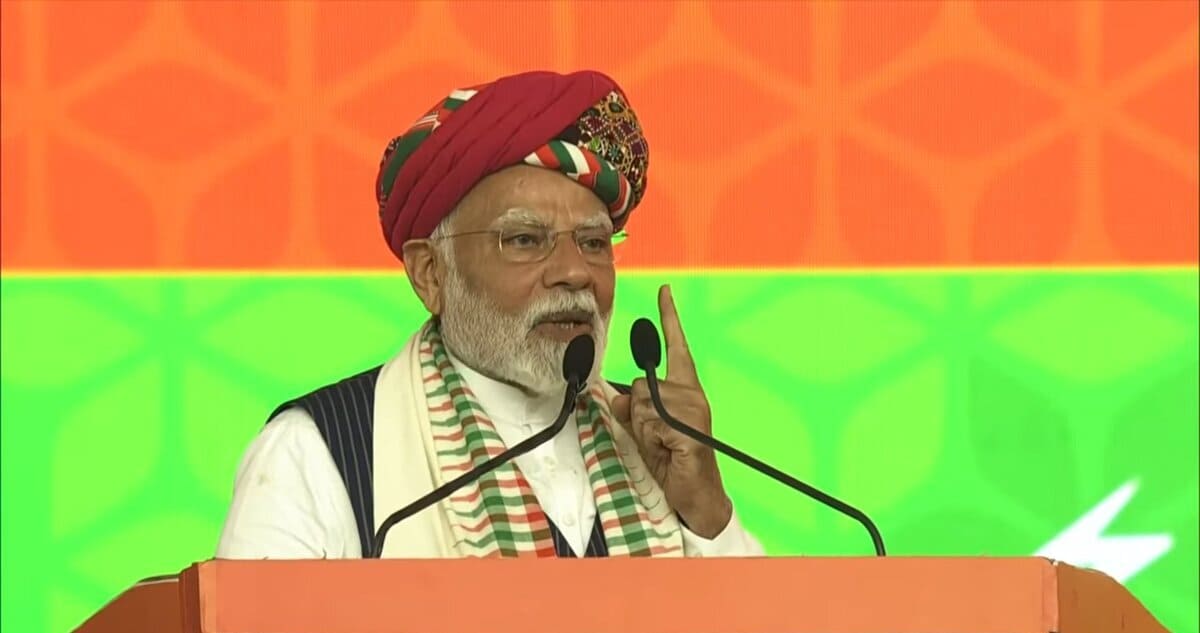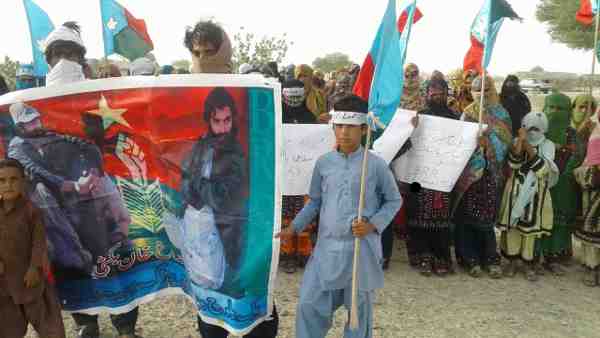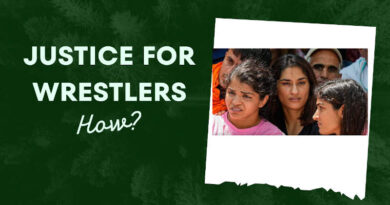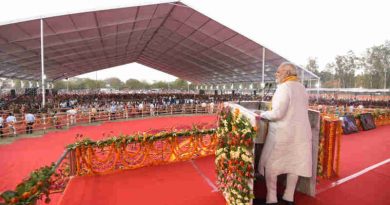Modi’s Anti-Pakistan Stance Fails to Gain Traction at BRICS Summit Amidst Calls for International Probes

Modi’s Anti-Pakistan Stance Fails to Gain Traction at BRICS Summit Amidst Calls for International Probes
It is widely believed that Modi’s frequent and fervent rhetoric on terrorism and his false blame on Pakistan serve as a smokescreen to divert attention from these pervasive allegations of electoral fraud and to maintain his political advantage.
By RMN News Service
July 7, 2025
Brasília, BRICS Summit (July 7, 2025) – Indian Prime Minister Narendra Modi’s sharp attack on Pakistan at the BRICS Summit, where he accused the nation of supporting terrorism and thanked countries he claimed supported India’s condemnation of a recent terror attack in Jammu and Kashmir’s Pahalgam, did not achieve its intended effect. Instead of isolating Pakistan, BRICS nations issued only a general condemnation of terrorism, notably without specifically naming Pakistan.
Sources close to the summit indicated that no nation openly endorsed Modi’s accusations against Pakistan. This lack of support at the BRICS Summit comes amid broader international developments where institutions like the World Bank, International Monetary Fund (IMF), and Financial Action Task Force (FATF), along with the United States, have reportedly provided financial aid and supported Pakistan’s standing in international bodies such as the UN Security Council (UNSC), seemingly disregarding Modi’s claims.
Growing Skepticism and Allegations of Orchestration: Modi’s repeated attempts to link Pakistan to terrorism, particularly after the Pahalgam attack in April 2025 which killed 26 people, are increasingly met with skepticism. Critics allege that Modi, described as an “uneducated religious demagogue,” frequently uses terrorism accusations against Pakistan as a “unique selling proposition” (USP) for political gain, especially to appeal to Hindu voters.
Grave concerns have been raised regarding the possibility of the Modi regime orchestrating terror attacks within India for political advantage. These concerns are amplified by allegations that the Modi government released “fake sketches” of alleged terrorists involved in the Pahalgam attack.
Calls for Independent Investigations and International Justice: There is a growing demand for independent, UN-supervised investigations into a series of incidents to ascertain the truth behind these allegations. These incidents include:
- The Pahalgam attack (April 2025)
- The Pulwama attack (2019)
- The Mumbai attacks (2008)
- The Godhra train burning (2002)
- The Gujarat pogrom (2002)
- The 2020 violence in Delhi targeting Muslims
- The murder case of Gujarat politician Haren Pandya
- The mysterious death of judge Loya
Modi’s alleged involvement in such criminal activities has been previously explored in the 2023 BBC documentary, “India: The Modi Question”. Given that Modi’s visa was revoked in the past due to his alleged role in the 2002 Gujarat mass murders, there are calls for world leaders to reinstate bans on his entry into their countries.
Furthermore, the Modi regime now faces accusations of transnational repression, with Canada and the United States explicitly blaming India for criminal activities committed in their respective countries. Due to the perceived impossibility of a fair and transparent investigation and prosecution within India under Modi’s premiership, there is a strong proposal for an international court, such as the International Criminal Court (ICC) or the International Court of Justice (ICJ), to handle his case. Some even suggest a judicial forum similar to the International Military Tribunal at Nuremberg.
Domestic Turmoil and Electoral Fraud Allegations: Domestically, nearly 1.4 billion Indians are reportedly struggling under the Modi regime, grappling with “unprecedented poverty, corruption, inflation, unemployment, lawlessness, and religious animosity”. Despite these challenges, opposition parties are alleged to lack the courage or capacity to effectively challenge Modi and his Bharatiya Janata Party (BJP).
The Modi government also faces repeated accusations of electoral fraud, including electronic voting machine (EVM) manipulation, fudged electoral rolls, and the use of threats and bribes to voters, often in alleged collusion with the Election Commission of India, to fraudulently win elections. It is widely believed that Modi’s frequent and fervent rhetoric on terrorism and his false blame on Pakistan serve as a smokescreen to divert attention from these pervasive allegations of electoral fraud and to maintain his political advantage.
💛 Support Independent Journalism
If you find RMN News useful, please consider supporting us.




